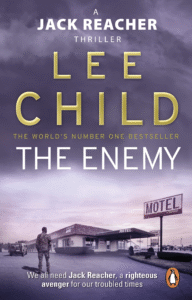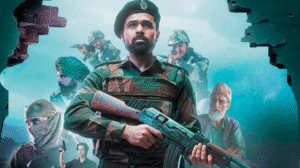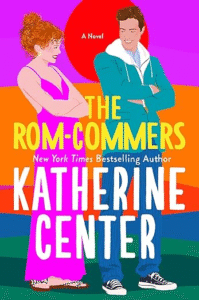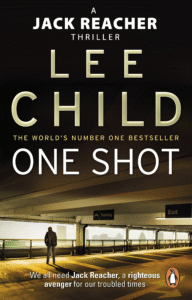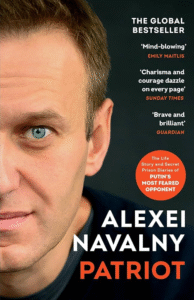The Unyielding Pursuit of Truth: An Analysis of Lee Child’s One Shot
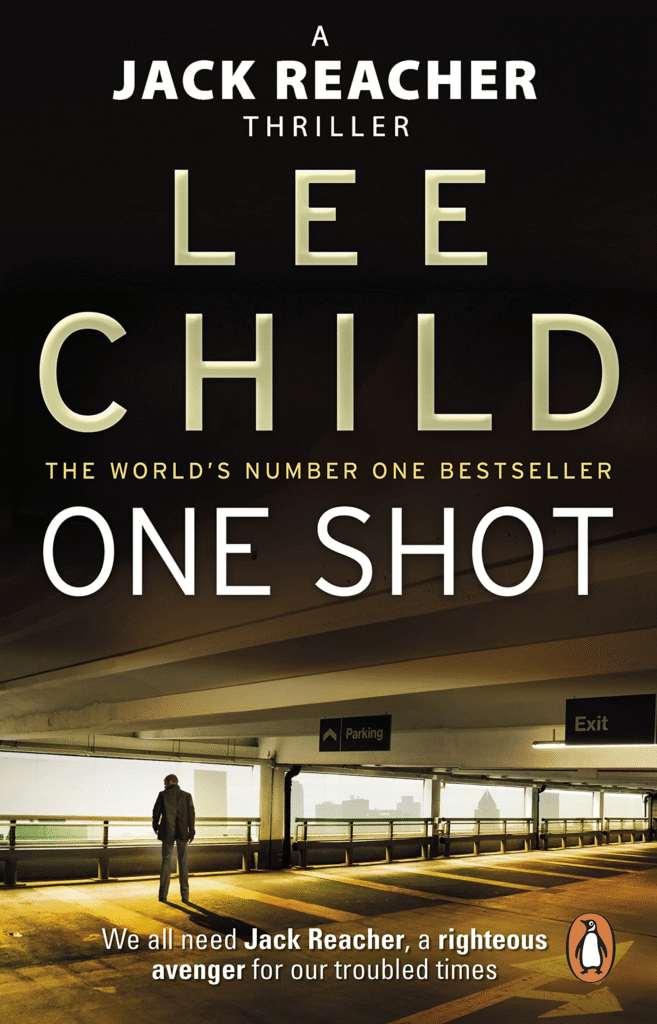
Introduction: A Lone Wolf’s Enduring Appeal
Lee Child’s One Shot stands as a compelling testament to the enduring appeal of the lone wolf protagonist, a masterfully crafted thriller that plunges readers into a labyrinth of moral ambiguity and high-stakes justice. Published in 2005, this ninth installment in the Jack Reacher series is a standout, even among Child’s consistently strong body of work, for its intricate plot, sharp dialogue, and the uncompromising ethical code of its enigmatic hero.
The Setup: A Seemingly Clear-Cut Case Turned Complex
The novel opens with a seemingly clear-cut case: a highly skilled sniper, James Barr, meticulously executes five random individuals in broad daylight. The evidence is overwhelming, and Barr’s confession appears imminent. However, his only statement is a demand for Jack Reacher. This immediate twist sets the stage for the narrative’s central conflict, challenging the very notion of what constitutes truth and justice. Child expertly unravels the layers of this crime, introducing a cast of characters – including the tenacious defense lawyer Helen Rodin and the ruthless former military interrogator Emerson – each with their own motivations and secrets.
Thematic Depths: Justice, War, and Morality
What truly distinguishes One Shot is not just its propulsive plot, but its nuanced exploration of themes. Child delves into the complexities of military justice versus civilian law, the psychological toll of war, and the blurred lines between right and wrong. Reacher, with his innate sense of morality that often clashes with established legal frameworks, becomes the fulcrum upon which these themes pivot. He operates outside the system, guided by an unwavering commitment to uncover the truth, even if it means employing unconventional and sometimes brutal methods. This approach is both Reacher’s greatest strength and a source of constant tension, forcing the reader to question whether the ends justify the means.
Child’s Craft: Efficiency and Impactful Prose
Furthermore, Child’s prose is a masterclass in efficiency and impact. Every word serves a purpose, every sentence propels the story forward. His descriptions are vivid but never gratuitous, his dialogue sharp and believable, often laced with a dry wit that perfectly suits Reacher’s personality. The action sequences are meticulously choreographed and utterly visceral, pulling the reader into the heart of the conflict. The pacing is relentless, building suspense with each chapter, culminating in a series of gripping revelations and a truly explosive climax.
Character Study: The Enigmatic Jack Reacher
Beyond the thrills, One Shot is a character study of Jack Reacher himself. We see his unique brand of deduction, his profound understanding of human nature, and his unwavering loyalty to those he deems worthy. Yet, Child also hints at the loneliness inherent in Reacher’s nomadic existence, the weight of his past, and the burden of his self-imposed mission. He is a man who seeks justice not for personal gain, but because he believes it is the fundamental obligation of a moral being.
Conclusion: A Masterpiece of Thriller Fiction
In conclusion, One Shot is more than just a crime thriller; it is a meticulously constructed narrative that challenges perceptions, explores profound moral questions, and delivers an adrenaline-fueled ride. Lee Child’s masterful storytelling, combined with the magnetic presence of Jack Reacher, ensures that this novel remains a standout in the genre, a testament to the power of a single man standing against overwhelming odds in pursuit of a singular, unyielding truth.

